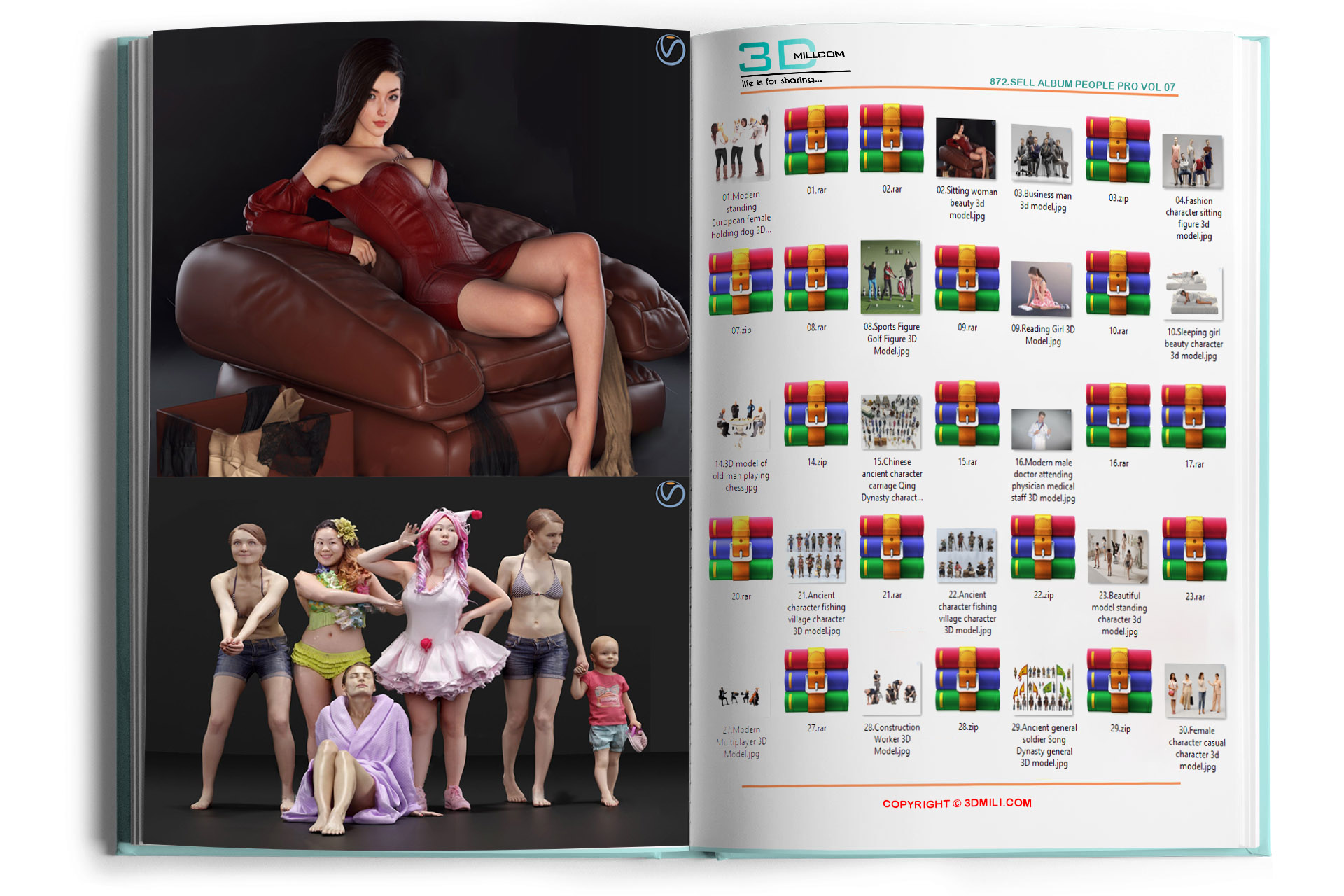## 773. Sell Album: The Boys' Happy Esports Room - A Design Deep Dive
This design, titled "773. Sell Album: The Boys' Happy Esports Room," presents a unique concept merging the vibrant energy of esports with the nostalgic charm of a physical music album. It aims to transcend the typical digital experience of consuming esports content, offering a tangible and collectible artifact for fans. This exploration will delve into the design's various aspects, analyzing its visual language, target audience, potential functionality, and overall message.
Part 1: Conceptual Foundation and Target Audience
The core concept revolves around packaging the *experience* of a thriving esports team – “The Boys” – into a physical album format. This is not merely an album of music; it's a *multi-media* experience designed to immerse the fan in the team's world. The "773" likely serves as a *unique identifier* or a reference number crucial to the overall brand or narrative. This number, while seemingly arbitrary, adds a layer of intrigue and potential for storytelling within the album's context.
The *target audience* is clearly defined: passionate fans of esports, specifically those who appreciate tangible collectibles and have a fondness for the *retro aesthetics* often associated with physical albums. This audience is likely young adults, tech-savvy, and digitally fluent, but also appreciative of a more *analog* experience. They value *exclusivity* and the feeling of owning something special that transcends the ephemeral nature of digital content.
Part 2: Visual Design and Aesthetics
The visual language of the album needs to effectively bridge the gap between the high-energy world of competitive gaming and the more restrained aesthetic of a traditional music album. This necessitates a careful balance. The *color palette* should reflect the team's branding (assuming “The Boys” already have established branding), possibly incorporating vibrant, *neon* colors associated with gaming culture alongside more muted tones to create a sense of visual harmony.
The *album cover* could feature a dynamic image capturing the essence of the team: perhaps a stylized action shot during a crucial game moment, or a portrait emphasizing their camaraderie. The *typography* should be sharp and modern, yet also subtly nostalgic, perhaps referencing classic album art styles. The choice of *materials* is critical; high-quality materials communicate value and exclusivity. Think of using textured cardboard, possibly even incorporating elements like *foil stamping* or *embossing* to enhance the premium feel.
Part 3: Album Content and Functionality
The album's content must go beyond a simple collection of songs. It needs to *fully leverage the multi-media possibilities* offered by the format. While music – perhaps a collaborative effort with musicians or even the team members themselves – could be included, it shouldn't be the sole focus.
Consider these possibilities:
* Behind-the-scenes footage: A *DVD or Blu-ray* included within the album could feature exclusive behind-the-scenes footage, showing the team's training sessions, camaraderie, and the challenges they face.
* Photo book/art book: A *high-quality photo book* documenting the team's journey and key moments would add depth and a personal connection.
* Collectible items: The album could include *trading cards*, *stickers*, or even a *limited-edition poster* featuring team artwork or a memorable moment.
* Digital content access: A unique *code* could unlock access to exclusive digital content such as wallpapers, ringtones, or extended interviews.
* Interactive elements: AR (Augmented Reality) features could be integrated using the album cover or internal components to provide *interactive experiences*, such as viewing 3D models of the team's avatars or unlocking special content.
The goal is to curate a holistic experience; a *curated collection* of both physical and digital media that deepens the fan's connection to “The Boys.”
Part 4: Marketing and Distribution
The launch of "773. Sell Album: The Boys' Happy Esports Room" demands a strategic marketing plan tailored to reach the target audience. This necessitates a strong *online presence*, utilizing social media platforms like Twitch, Twitter, Instagram, and TikTok to generate hype and anticipation.
Collaborations with *influencers* and prominent figures within the esports community could help expand reach and credibility. The *release* itself should be treated as an event, potentially incorporating a live stream, Q&A sessions with the team, or even a virtual concert.
The *distribution strategy* also requires careful consideration. While online sales are essential, a *limited-edition physical release* will appeal to the collector's market and enhance exclusivity. Partnering with specialized retailers or focusing on *direct-to-consumer sales* through the team's official website could ensure greater control over the process and maintain the premium feel.
Part 5: Overall Message and Legacy
The success of this album goes beyond simple sales figures. It aims to create a *tangible legacy* for “The Boys,” capturing a specific moment in their journey and forging a deeper connection with their fanbase. The *album's narrative* should be carefully constructed, not just as a collection of materials but as a story told through multiple mediums, emphasizing the team's history, personality, and triumphs.
The *design's longevity* depends on its ability to transcend fleeting trends. By focusing on high-quality materials, thoughtful design, and rich, engaging content, “773. Sell Album: The Boys' Happy Esports Room” has the potential to become a *valued collectible*, a testament to the team’s success and a cherished item for fans for years to come. The *memorable experience* provided by the multi-media format will be crucial in solidifying its place in the hearts of its target audience. Ultimately, the design aims to create more than just an album; it strives to create a lasting *cultural artifact* within the esports community.












































